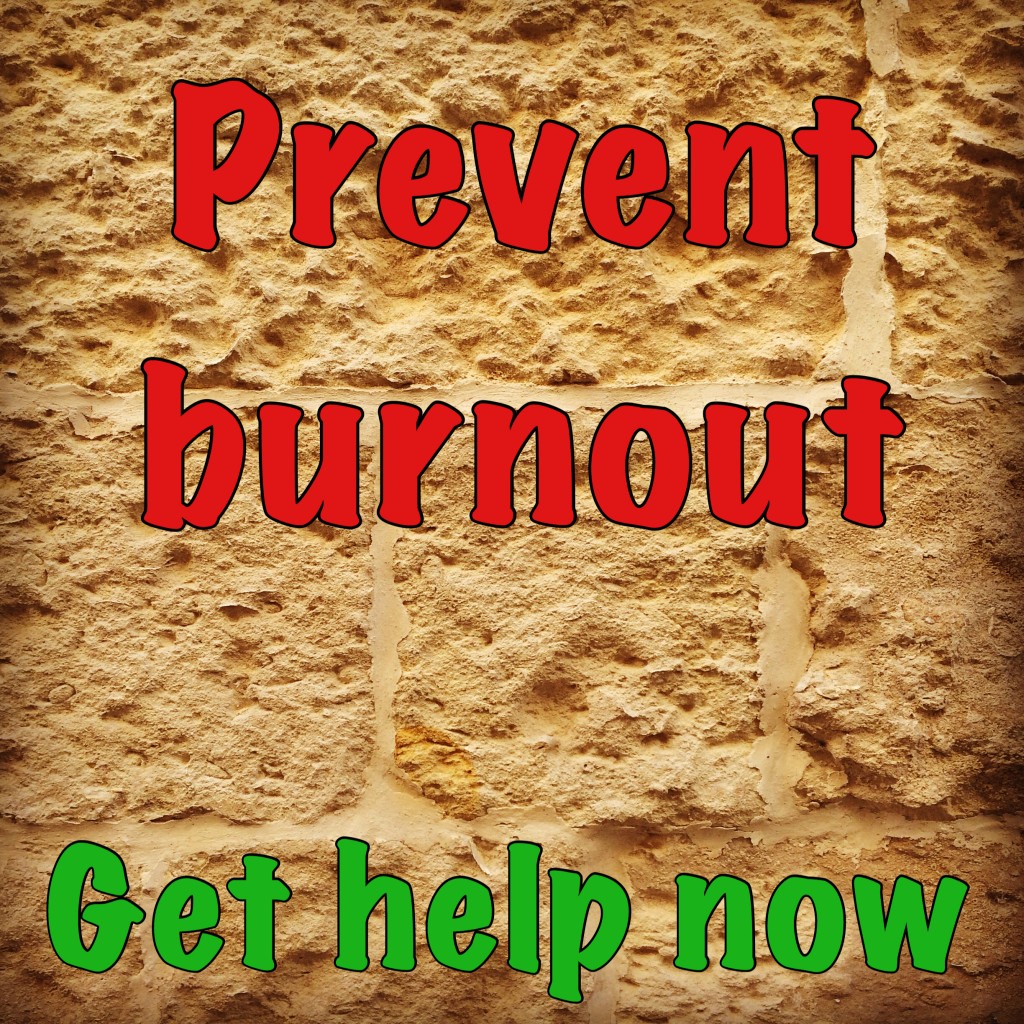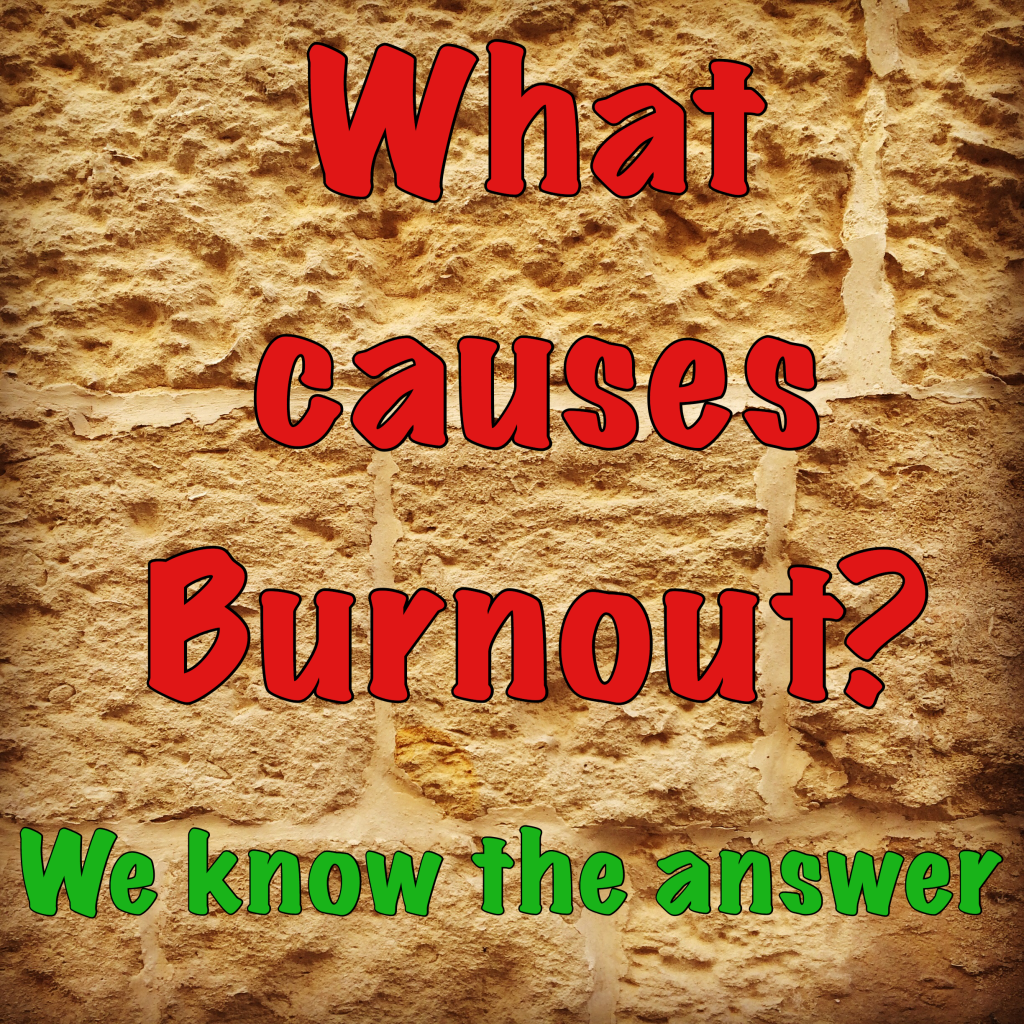
Research tells us that your symptoms of burnout will deteriorate if you do not address them, and the earlier you can identify the underlying cause, the better for you. Therefore, it is important to be able to recognise the symptoms of burnout, as well as be prepared to do something about them if you notice them in yourself. You can prevent burnout and a potential full-blown breakdown by taking steps that will help you get your balance in life back again. There are a number of preventative measures that may reduce the likelihood of you experiencing burnout including:
- Set boundaries – Learning how to say “no” will ultimately allow you to say “yes” to activities that you truly would like to do. By setting boundaries, you will become in charge of your own time and this will help you to not overextend yourself.
- Practice stress management – Learning how to manage your stress effectively will help you regain a sense of control over your own life. Stress management strategies can reduce your sense of helplessness, and instead bolster your confidence and help instil a belief that you can manage stress better than you think.
- Implement helpful sleeping, eating and exercise habits – You can set yourself up for success by making sure you are getting enough rest each day, eating healthily, and regularly engaging in physical activity. By covering these three points you will find that you will have more energy and a stronger resilience to deal with most demands that life throws at you.
- Practice relaxation in the morning – Adopting a relaxation ritual each morning before you face the world can significantly help reduce burnout. Set your alarm to go off fifteen minutes earlier than usual, and spend this time reading something inspiring, writing in a journal, meditating, or practicing gentle stretching exercises. We know getting up earlier than one has to can sometimes be hard, but we believe you will be surprised by the benefits of this step and hope that you will keep this practice up if you just give it a go.
- Nurture the creative part in you – Creativity can act as a potent antidote to burnout, and you will take one more step away from burnout by nourishing this part of you. We suggest that you choose a creative activity that does not in any way link with your work, for instance by starting a fun project, trying something new that you have always wanted to try, or just resuming your favourite hobby that you may recently have neglected.
- Give technology a daily break – In today’s society we are surrounded by technological devices that all draw on our attention and time. Although these devices sometimes make our life easier, they can also be a big contributor to stress and pressure. We suggest that you take a break from technology every day by setting a time where you purposefully completely disconnect. This will include you switching of your phone, shutting down your laptop, and not looking at emails, news, or social media.
If you think you are suffering from burnout or would like to learn more about how we might be able to help you recover from burnout, contact City and West Psychology for a free 15 minute consultation here.
Author: Dr Torstein Stapley
Read more about the author here











